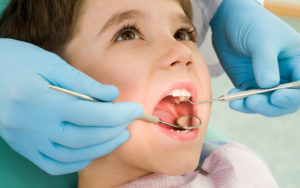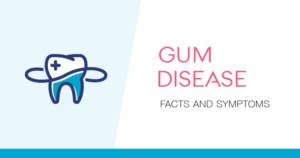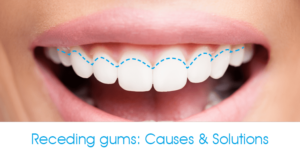Cavity Surge Linked to Lack of Fluoride?

In previous decades, Edmonton has always held the mantle over Calgary and area for cavity rates in baby teeth. However, there has been a surge in the last 5 years, and Calgary has now overtaken Edmonton for that top spot. While some research suggests that it could be due to the lack of nutritious and health conscious foods our younger demographic is ingesting, other researchers believe it is mainly due to the lack of fluoride found in the water the city supplies.
What does the Evidence Suggest?
New evidence emerging from the University of Calgary suggests that the lack of fluoride is, indeed, the cause for the surge in cavities amongst the youth. The research was published in July of 2021, and was focused on the dental health of children in both Calgary and Edmonton. This research went on to be published in the medical journal Community Dentistry and Oral Epidemiology. It found that over 64% of participants in Calgary had one or more cavities in their baby teeth. In comparison to Edmonton’s 55.1%, this is quite the leap ahead.

According to Lindsay McLaren, the report’s lead investigator and U of C Community Health Sciences Professor, lack of Fluoridation within the City of Calgary’s water systems are largely at play. She told the Calgary Eyeopener the evidence is clear, stating: “Calgary discontinued it’s fluoridation program back in 2011, whereas Edmonton fluoridation is still in place.”
McLaren went on to say: “We saw these considerable differences in the prevalence of dental cavities, especially baby teeth, between the two cities – and that the difference has actually got wider over time since [fluoride] cessation happened.”
The Study
The research conducted by the University of Calgary included approximately 2600 children from Calgary and 2600 in Edmonton during the years of 2018 and 2019.
Each participant was about 7 years old, and born after fluoride was rid of the water supply of Calgary. This ensured the participants had lived their lives entirely with, or without, fluoride.
The parents of the children were tasked with completing a detailed questionnaire about socio-demographic factors, dental health behaviors and diet to account for other reasons the cavities may be surging. And, to collect the data, the researchers had teams of dental hygienists and assistants who went into the schools and completed the exams on site. These hygienists were recruited through schools rather than dentists to ensure an accurate snapshot of the populations (between low-income and higher-income) remained the same.

The Findings
The findings were actually built on previous research conducted in 2013 and 2014, which was a study on children’s overall dental health. Back then, the numbers showed that a 55.6% prevalence of dental cavities in baby teeth in Calgary were present, and Edmonton showed a 58.7% prevalence.
It was clear that within the 5 year gap between the studies, that had changed.
McLaren said that the evidence clearly reinstated the problem of not having fluoride within the city of Calgary’s water systems and it’s link to cavities found in youth.
“This is a largely preventative problem, and in the absence of fluoridation, we’re doing virtually nothing in the way of primary prevention here in Calgary.” McLaren said.
The Seriousness of the Situation
Health Canada’s recommendations are for water to be fluoridated to a level of 0.7 mg/L of water to prevent tooth decay. The City of Calgary saves about $750 000 a year by not adding the fluoride to their water, but with the looming plebiscite approaching, this could soon be overturned.
Another devastating discovery that was linked to the fluoride dilemma was the 700% increase in dental infections, all being treated at Alberta Children’s Hospital. Half of those infections were children under the age of 5.
On a final note, McLaren stated that “Dental cavities for kids under the age of 6 is actually the number one reason for day surgery, and almost all of those surgeries are performed under general anesthetic, so that’s a very serious thing.”
Final Note
There is clear and cut evidence that fluoride aids in preventative tooth decay measures. The studies and research conducted prove that without fluoridation, a majority of young children have the potential to experience some sort of tooth or gum decay.
One of the best ways in defending your teeth against decay and other issues is to book to see your dentist on a regular occasion. Follow what they have to say and recommend, and you and your family can rest assured that your dental health is taken care of!










